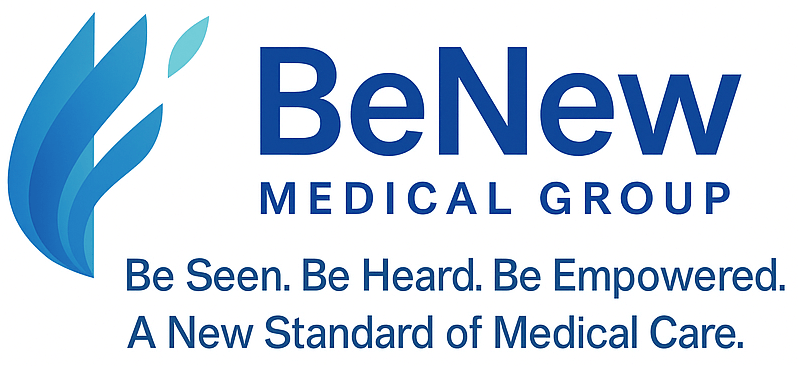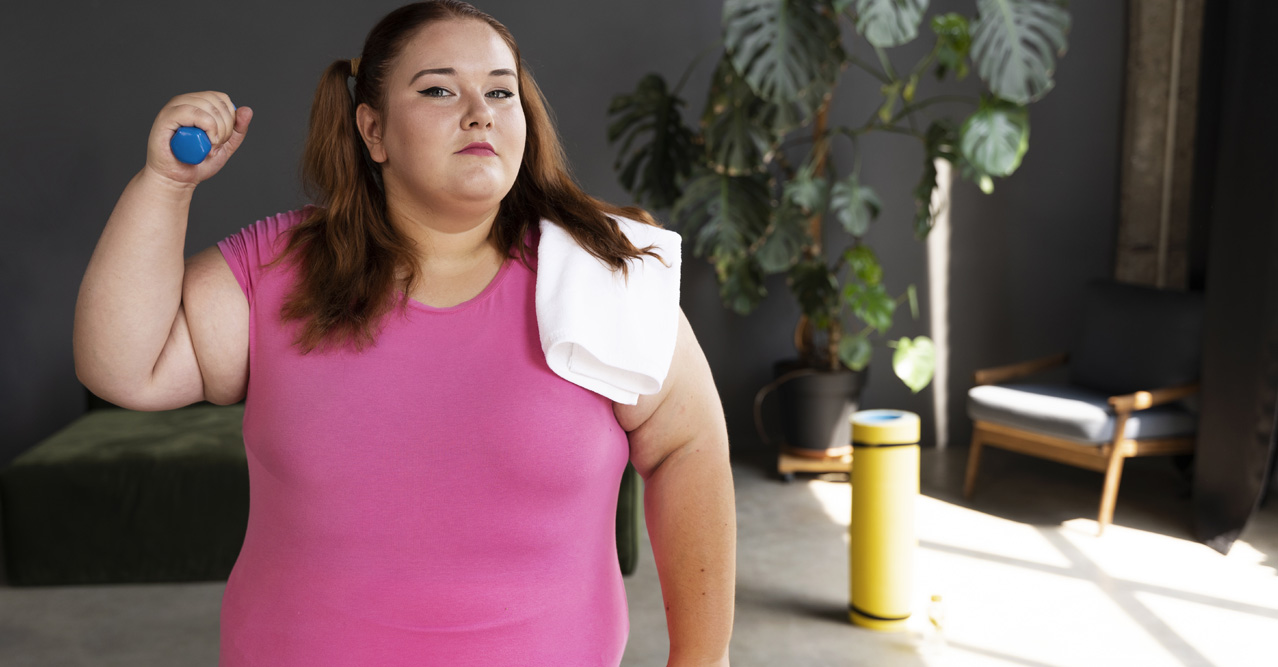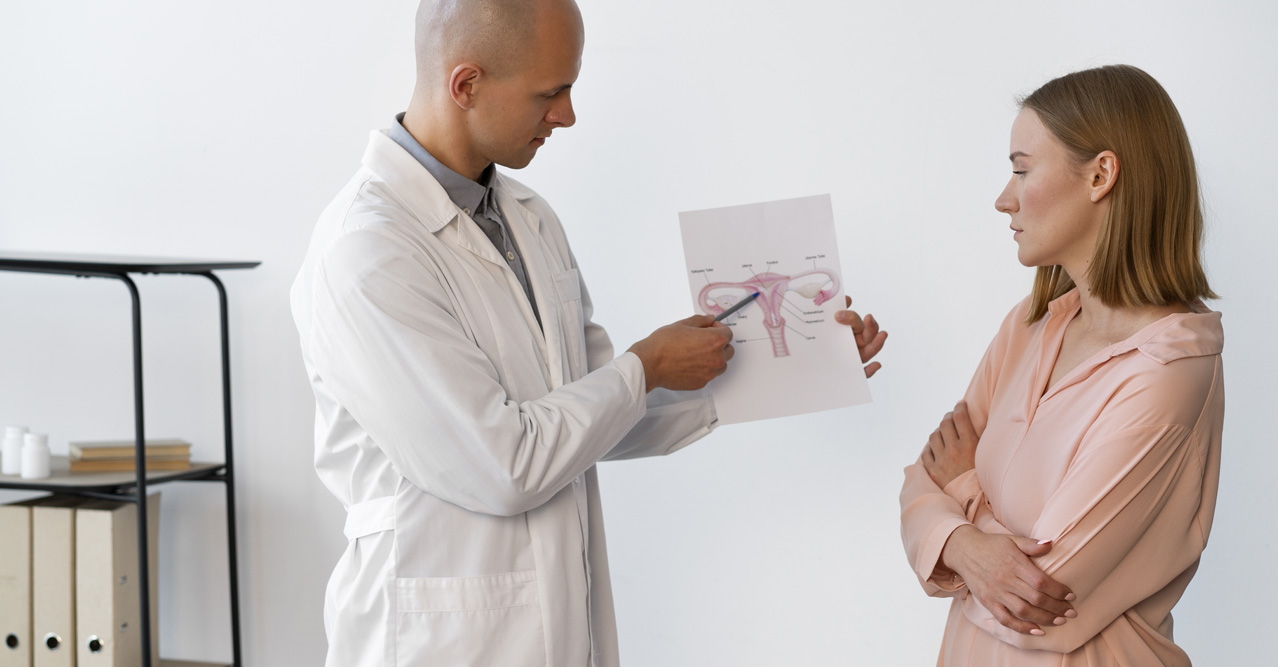Introduction
Lip fillers are a popular cosmetic procedure aimed at enhancing the appearance of lips by increasing their fullness. However, individuals receiving lip fillers may sometimes experience outbreaks of cold sores, especially if they have a history of herpes simplex virus infections. Understanding how to manage and treat cold sores after receiving lip fillers is crucial for maintaining lip health and achieving the desired cosmetic results.
Understanding Cold Sores and Lip Fillers
Cold sores, also known as fever blisters, are caused by the herpes simplex virus. They typically appear as painful blisters on the lips, around the mouth, and sometimes on the gums and the roof of the mouth. The introduction of lip fillers can trigger an outbreak if you are already susceptible.
What Triggers Cold Sores After Lip Fillers?
The process of injecting lip fillers can cause stress on the lip tissue, potentially leading to a reactivation of the virus. The physical trauma from the needle, combined with the body's response to the new substance, can be enough to incite an outbreak.
Preventative Measures Before Lip Filler Procedures
Taking preventive measures before undergoing lip filler procedures can significantly reduce the risk of developing cold sores post-treatment.
Consult With Your Healthcare Provider
Before getting lip fillers, discuss your medical history with your healthcare provider, especially if you have had previous episodes of cold sores. They might prescribe an antiviral medication to prevent an outbreak.
Start Antiviral Medication
If you have a history of cold sores, starting on antiviral medication like Valacyclovir or Acyclovir a few days before the procedure can help prevent the virus from reactivating.
Treating Cold Sores After Lip Fillers
If cold sores develop after your lip filler treatment, it's important to address them immediately to prevent further complications and facilitate healing.

Continue or Start Antiviral Medications
The first line of treatment for cold sores after lip fillers is antiviral medication. These medications help to reduce the severity and duration of an outbreak if taken promptly.
Home Remedies and Care
- Ice Packs: Applying ice packs to the affected area can help reduce swelling and alleviate pain.
- Avoid Touching the Affected Area: To prevent the spread of the virus, avoid touching the cold sores and wash your hands regularly.
- Keep the Area Clean: Gently cleaning the affected area with mild soap and water can prevent additional infections.
Tips for Managing Discomfort
Dealing with cold sores can be painful, especially after cosmetic procedures like lip fillers. Managing discomfort is key to recovery.
Pain Relief
Over-the-counter pain relievers such as ibuprofen or acetaminophen can help manage the pain associated with cold sores.
Hydration
Keeping hydrated helps in keeping the lips moisturized, which can prevent the sores from drying and cracking.
When to See a Doctor
Monitor the healing process carefully and consider seeking medical attention if you notice signs of infection or if the cold sores do not improve with home treatment.

Signs of Infection
Increased redness, pus, or spreading of the sores are signs that a secondary bacterial infection may have set in, requiring professional medical treatment.
Persistent Sores
If the cold sores last longer than two weeks, it's advisable to revisit your healthcare provider to ensure there aren't more serious underlying issues.
Conclusion
While the development of cold sores after lip fillers can be an uncomfortable setback, understanding how to prevent and manage them can help you maintain your lip health and enjoy the benefits of your cosmetic enhancements. Always follow the advice of your healthcare provider and take preemptive steps if you are at risk of cold sores.





